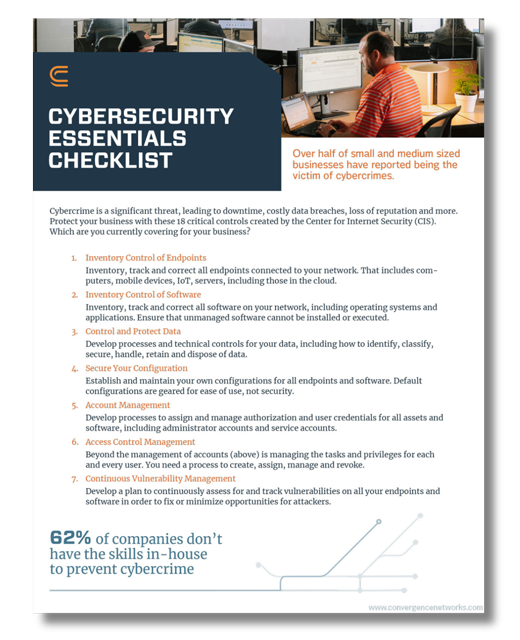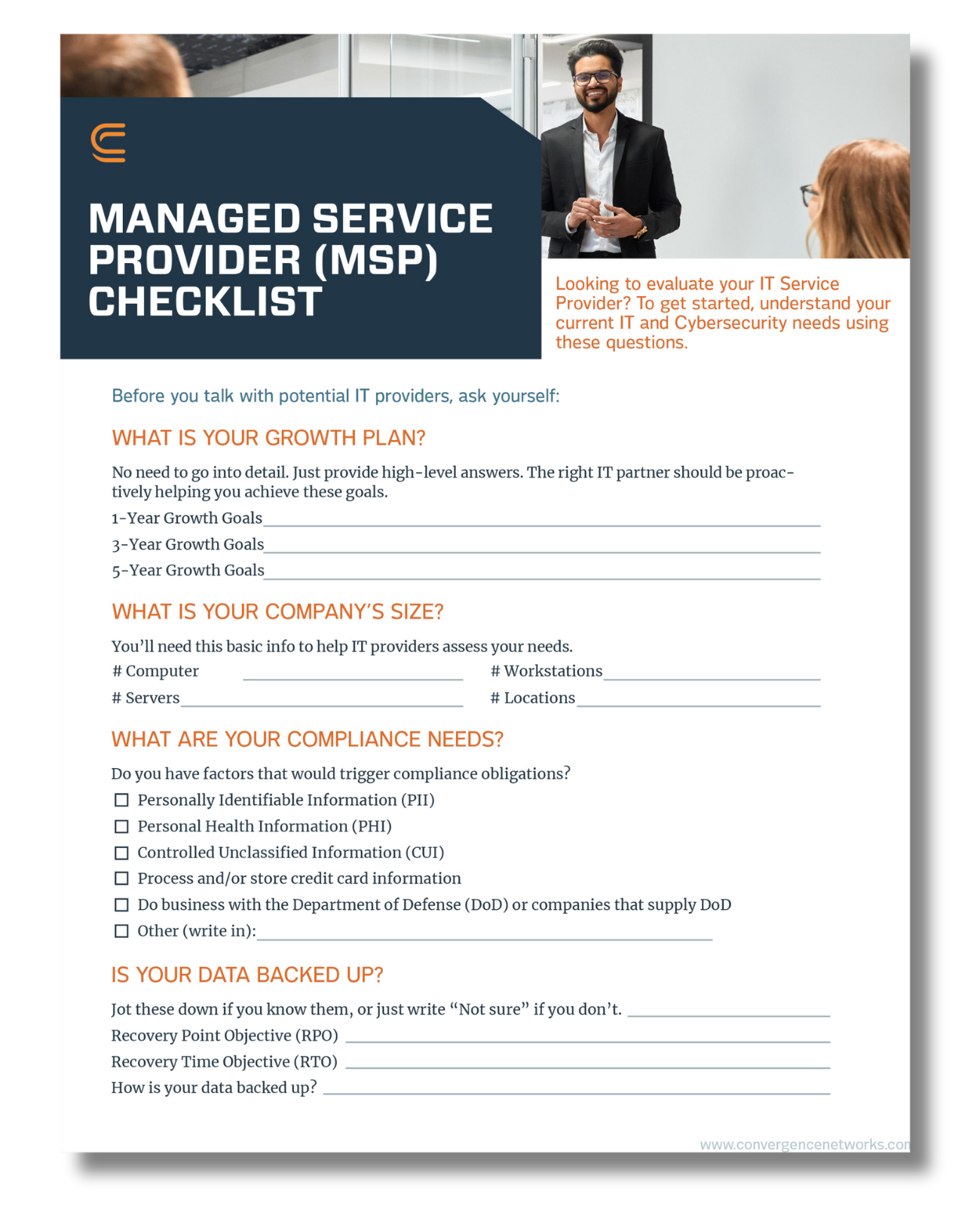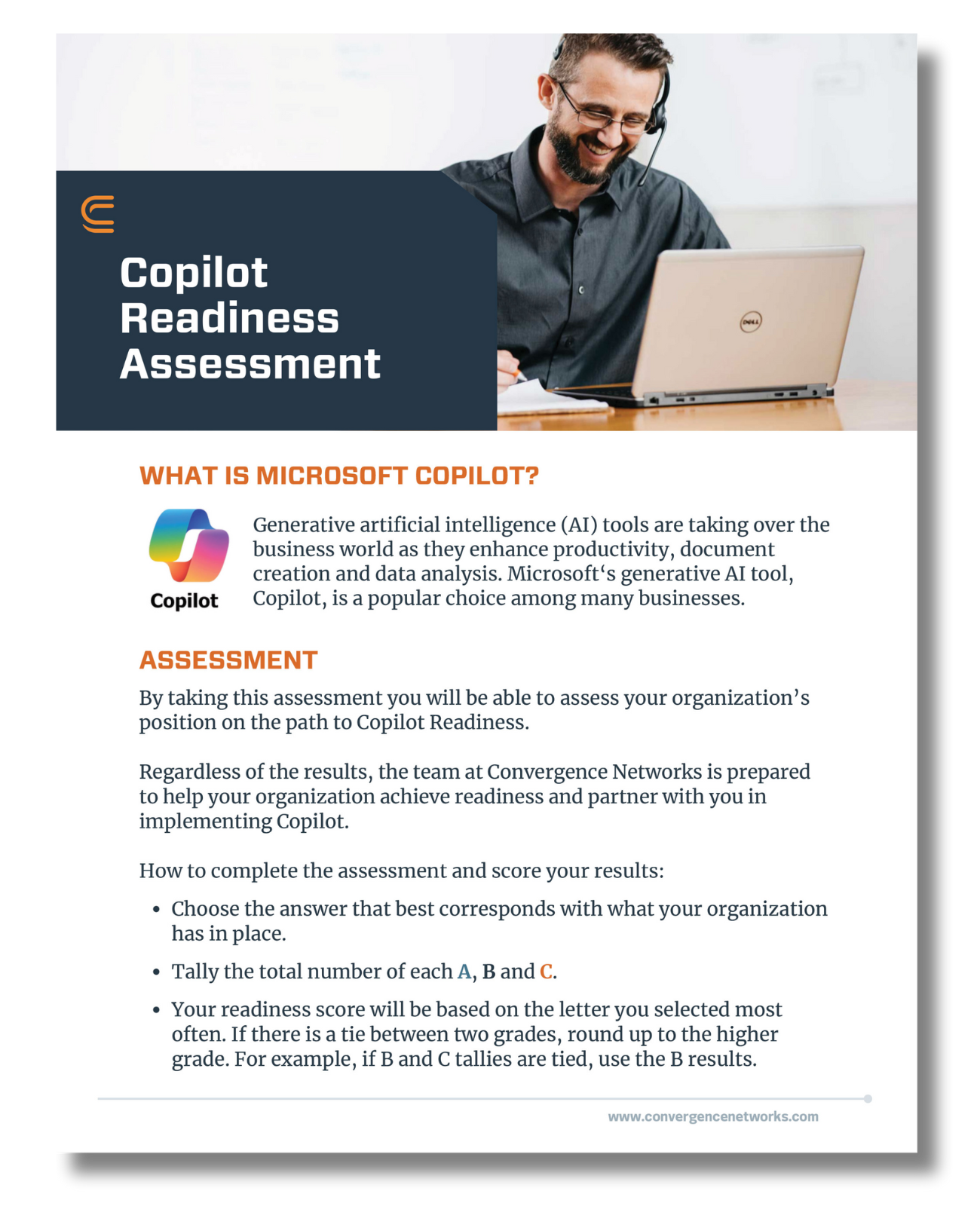When it comes to data backup and disaster recovery, there are nine critical questions you need to answer for your business. How you answer these questions will lay the foundation for your disaster recovery plan.
1. What data do you need to backup?
Back up anything and everything you don’t want to lose. Start by mapping out your server infrastructure and critical data, and go down the list, separating data into categories of importance. If you aren’t prepared to lose the data, back it up!
2. How important is each type of data?
Giving each set of data a simple “high, medium, or low” priority can be enough to start. Some of your information will be proprietary and irreplaceable while some will be information you could easily dig up again from other sources if needed. It is important to consider this point, as it will directly impact how much you should spend on the backups for each importance-tier of data.
3. What types of data do I have?
If you are a manufacturer, the types of information you store in each area will be very different than if you are a law firm. Photos, schematics and videos will require far more storage space than word documents and spreadsheets. Storage space = cost, and storage space requirements can vary widely depending on the type of data your business stores.
4. How often does each type of data change?
Your databases may have thousands of changes a day while your user files may only have a few changes per day. Knowing how often the data changes, combined with your other answers, will help to determine how often backups need to run on each type of data.
5. How quickly do you need to recover the data?
How fast you need to get data back is a big part of creating a data backup and recovery plan. If the answer varies by data type, make a note of that. Think about how much it would cost your business to be without that data, and what kind of work stoppages could be caused.
7. Who is responsible for data backup and recovery?
Whether you have an internal IT team or use managed IT services, you should have a single point of contact for your company’s data backup and recovery plan. This person may or may not be performing the actual backups, but someone needs to own the responsibility of making sure they comply with company policy.
8. What is the best time to schedule backups?
It is best to run backups during off-peak hours to maximize performance and efficiency, but that is not always possible. Many businesses have 24/7 operations or require hourly backups, and in these cases it is important to work with a backup solution and IT team that can configure the setup to minimize performance impacts while still meeting coverage targets.
9. What is your natural disaster risk?
Is your data in a secure location that is safe from natural disasters? According to FEMA, following a disaster, 90% of smaller companies fail within a year unless they can resume operations in five days. Offsite backups are crucial insurance against data loss caused by natural or man-made disasters. But don’t forget, disaster recovery is about protecting yourself from much more than natural disasters, the greatest threat today is cyber crime like ransomware taking your systems hostage for profit.
Do you know the answers to these questions? If you do, how long has it been since you reviewed the answers with your team? Business and data needs change over time, so if it has been a year or more, it’s time for another look.
Need help? Contact us.














